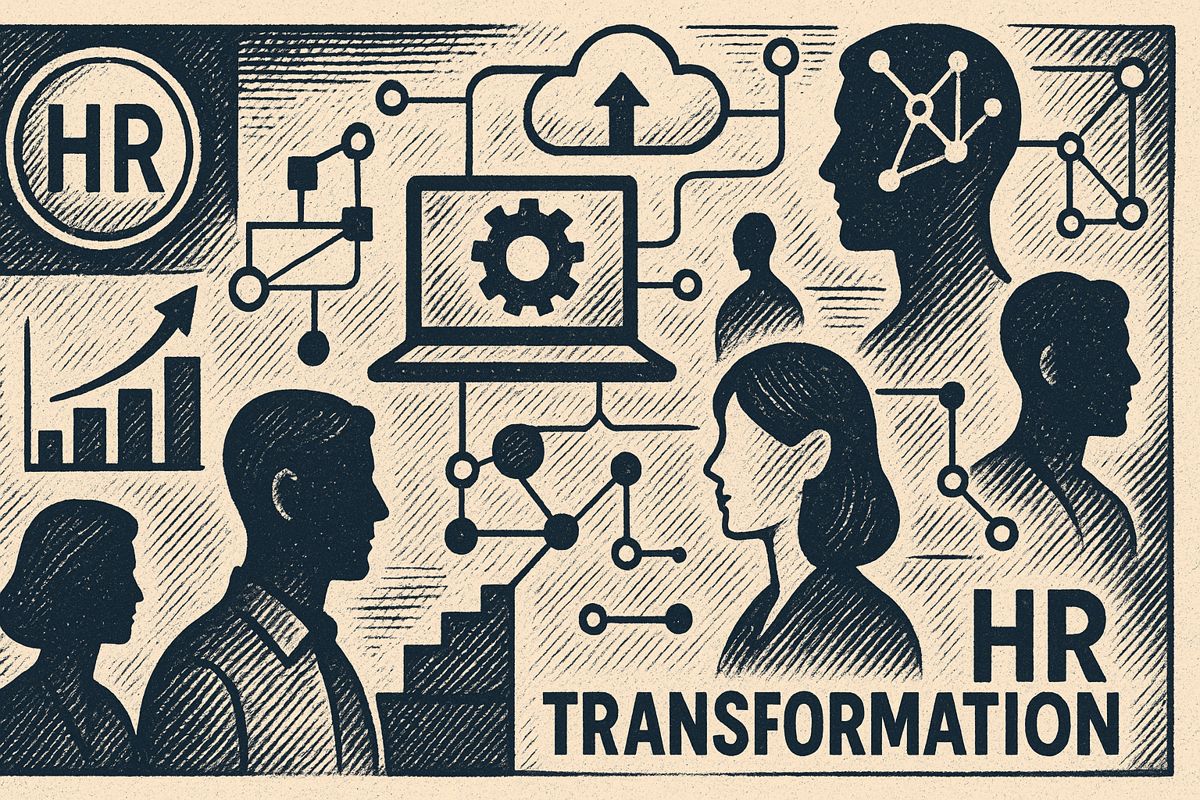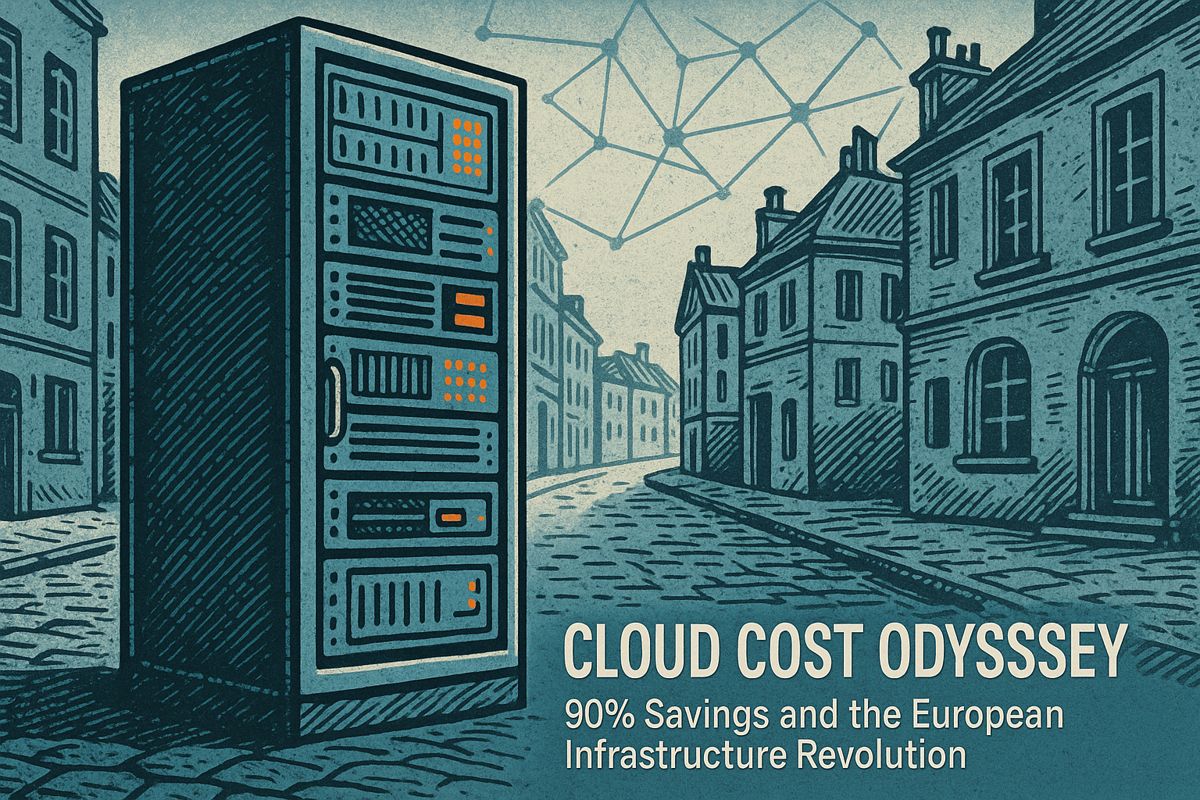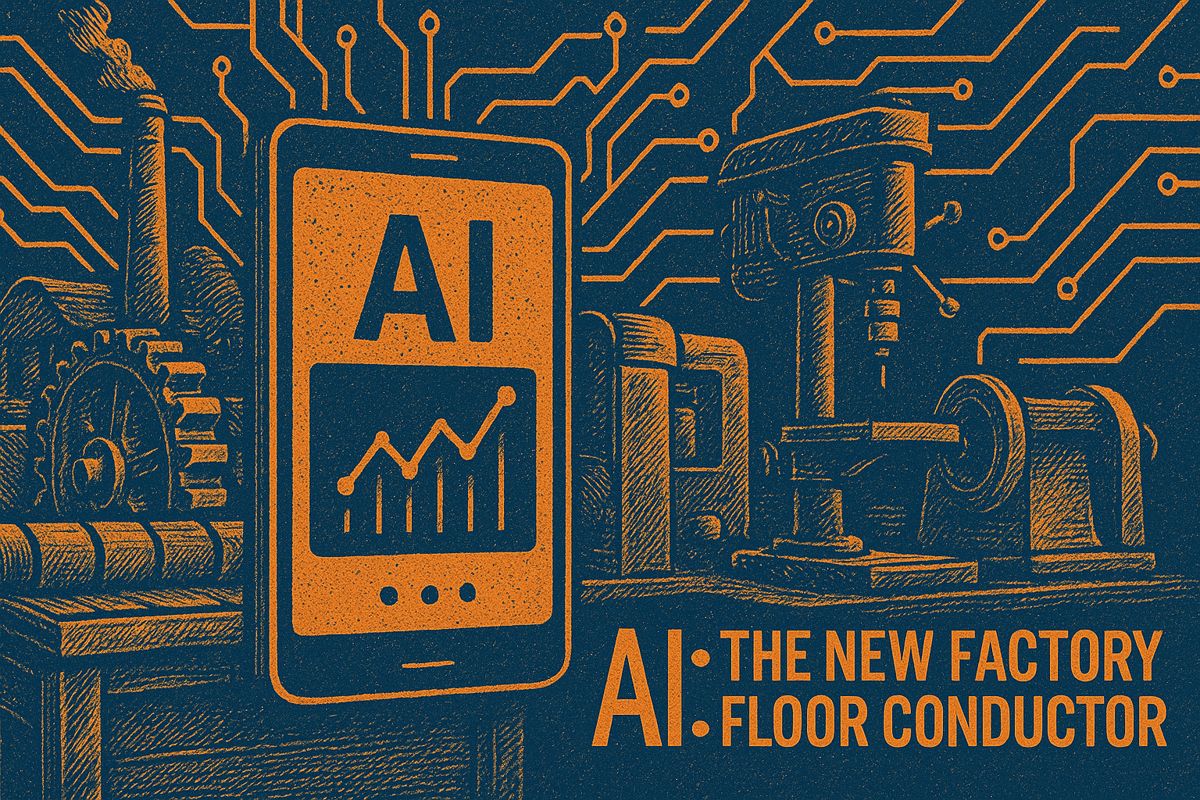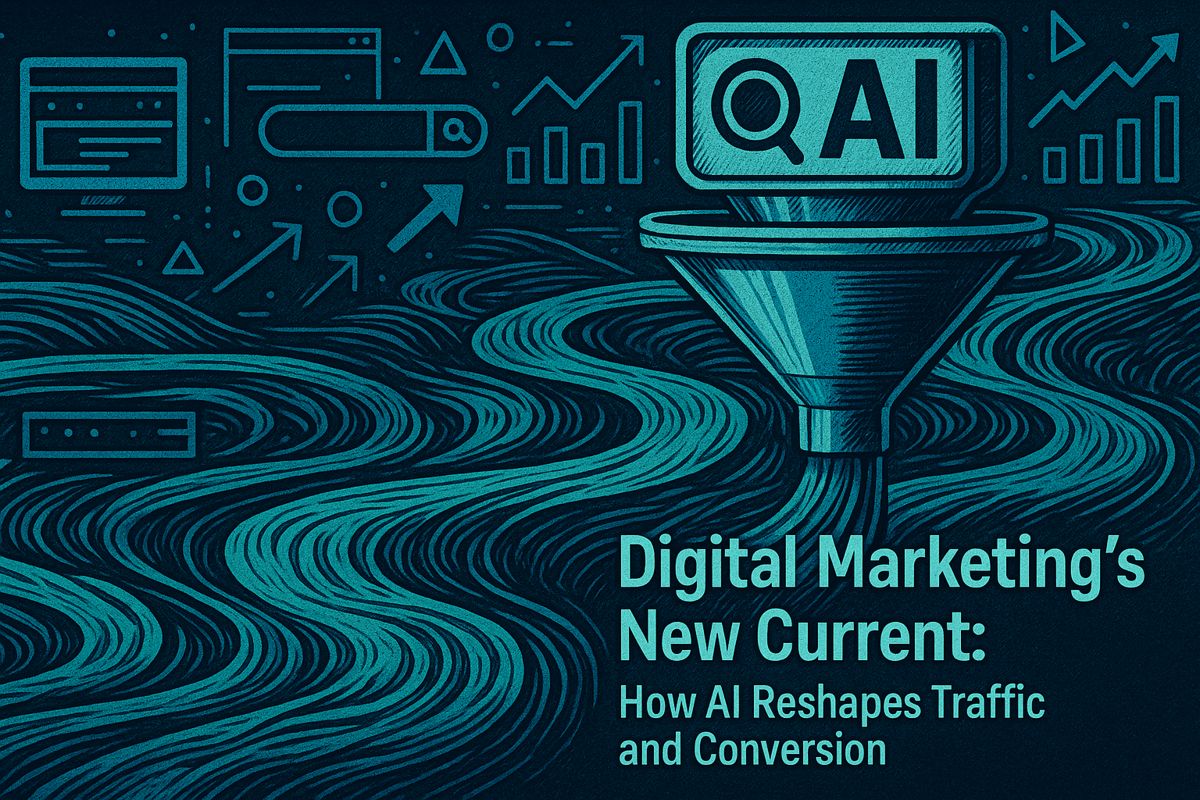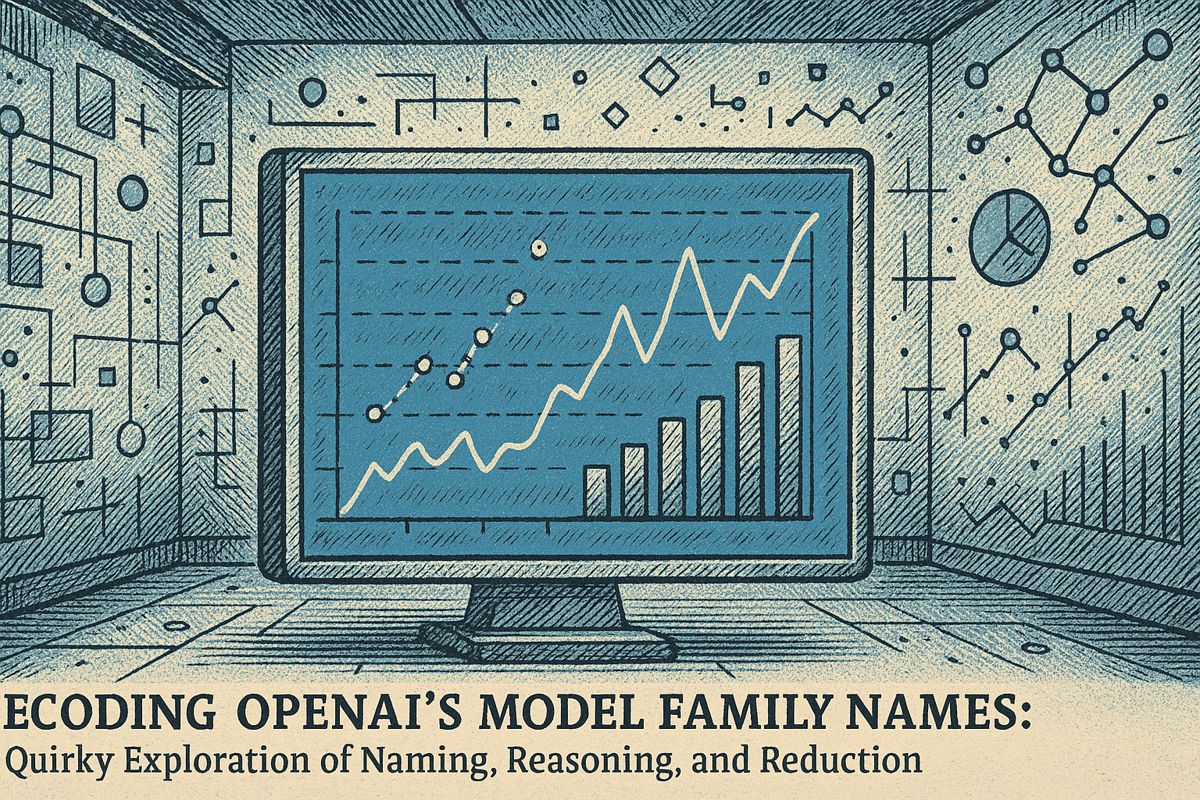Here’s the summary with the most important phrase in bold:
HR is undergoing a dramatic transformation in the digital age, driven by technology and the urgent need for continuous skills development. With 60% of employees feeling undertrained, organizations must balance advanced digital tools with human-centric approaches that prioritize adaptability and data literacy. The key challenges include managing change, developing AI and data skills, and maintaining a connection between technological innovation and organizational culture. Leadership must invest not just in software, but in people who can effectively navigate and leverage these new digital landscapes. Ultimately, successful HR transformation requires intention, patience, and a commitment to keeping human experience at the center of technological progress.
How is HR Transforming in the Digital Age?
HR is evolving through strategic technology integration and continuous skills development, with 60% of employees reporting they’re undertrained in core skills. The key is balancing advanced digital tools with human-centric approaches that prioritize adaptability, data literacy, and meaningful organizational change.
Memory Lane Meets Machine Learning
Sometimes a report lands in my inbox and I’m swept back to those fluorescent-lit HR cubicles where the air smelled faintly of printer toner and panic. Just last week, as I skimmed the latest Gartner analysis on digital transformation in HR, I felt a shiver of nostalgia mixed with disbelief. Back then, “automation” meant a new copy machine. Now, AI and algorithms hover over every process, like digital specters threatening to turn us all into button-pushers. Exhilarating? Completely. Terrifying? You bet.
Somewhere between the whir of Slack notifications and the glare of Tableau dashboards, I realized the rules had changed. The landscape shifts fast – no wonder HR folks are feeling a bit seasick.
Skills, Stats, and the Sensorium of Change
Gartner’s latest findings snap into focus—a little too crisply for comfort. HR transformation isn’t just about fancy cloud software; it’s about nurturing capabilities that stick when the shiny tools lose their luster. Did you know that around 60% of employees now report they’re undertrained in skills considered “core” by 2024 standards? That’s not a blip; that’s an expertise sinkhole.
AI literacy, data-driven decision-making, and change management have leapt to the top of the must-have list. Sometimes I catch myself wondering, am I supposed to be a data scientist or a career counselor? The truth is, you need both hats. And, oddly enough, the smell of fresh coffee during a marathon upskilling session is still the best motivator. There’s something grounding in that earthy aroma, especially when your brain is starting to feel like a tangled batch of spaghetti code.
Leadership development now demands a radical rethink. According to the Harvard Business Review, most managers feel utterly unprepared for the seismic shifts coming their way. Organizational culture, that elusive spirit animal, remains disconnected from the average employee’s everyday experience. I once spent weeks crafting a “values activation” campaign—only to find that, for many, the mission statement was just elegant wallpaper.
Dodging the Digital Avalanche (Sans Jargon)
Here’s the thing: digital HR isn’t just a software story. It’s a two-part recipe. First, you get the right technology; then, you invest—relentlessly—in people who can wrangle, question, and occasionally outwit it. Otherwise, you’re just automating confusion at hyperspeed. I wish I could forget the time we rolled out three different HR platforms in six months. Our engagement metrics nosedived, matching our collective blood pressure. Oof.
Change management, as Gartner bluntly notes, is the silent assassin. People don’t hate change—they hate chaos. What works? Breaking the mountain into molehills, preferably with lunch breaks. Is anyone else convinced that pizza powers progress?
Data-driven decision-making still intimidates plenty of seasoned HR pros. Not everyone dreams in scatterplots. But today, interpreting ROI from wellbeing apps or predicting skill gaps is non-negotiable. Ignore the numbers, and you’ll be left clutching a compass in a digital storm.
Facing Fatigue, Finding Purpose
There’s a hidden toll in this digital arms race: change fatigue. The human mind can only adapt so quickly before resilience fractures. I remember my emotions oscillating between pride and utter exhaustion—now there’s a cocktail nobody wants. The lesson? Move with intention. Be patient. And, above all, keep the humanity visible amid the ones and zeroes. I’ve learned (sometimes the hard way) that relentless clarity and repetition win hearts more often than glossy dashboards.
So, what’s the path forward? Start with a clear destination. Engage the skeptics early—they have a radar for what’s really broken. Build momentum in stages, not tidal waves. And don’t expect perfection; embrace the quirks, the awkward silences, and yes, the occasional unfinished rollout…
Because, if nothing else, HR’s greatest strength has always been its ability to adapt, even when the ground is shifting underfoot.

